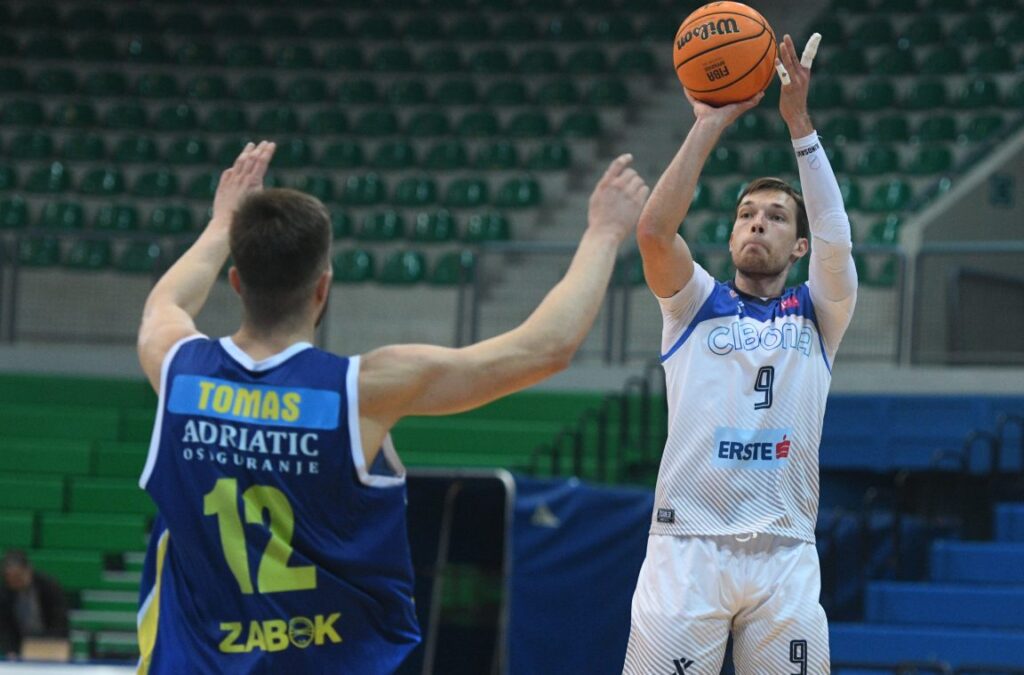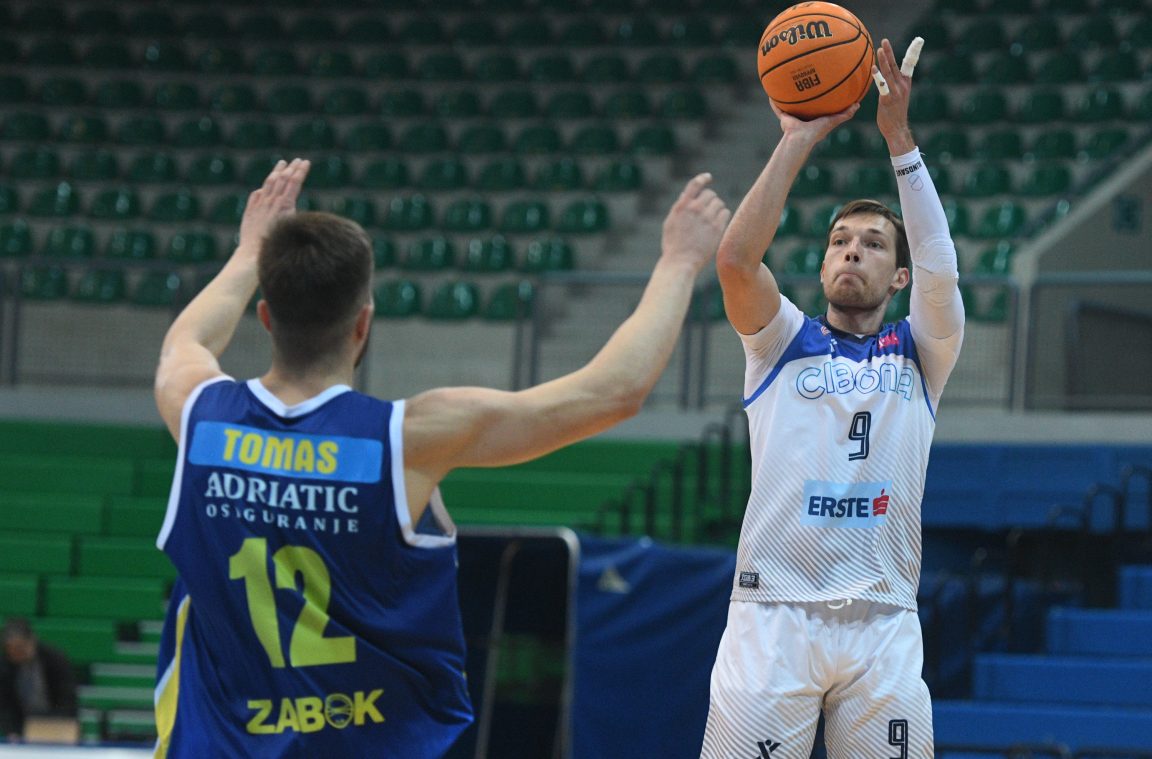
Cibona: A Deep Dive into the Legacy of a Basketball Giant
Cibona, more than just a basketball club, is a symbol of Croatian sporting excellence and a cornerstone of European basketball history. Based in Zagreb, Croatia, Cibona has cultivated a rich tradition of success, producing legendary players and captivating fans for decades. This article explores the storied history of Cibona, its significant achievements, the iconic figures who have graced its courts, and its ongoing impact on the basketball landscape.
The Foundation and Early Years of Cibona
Founded in 1946 as Sloboda, the club underwent several name changes before finally settling on Cibona in 1950. The name itself is derived from the Latin word for Zagreb, ‘Civitas Bona’. In its early years, Cibona quickly established itself as a competitive force within Yugoslavian basketball. While the club initially faced challenges in surpassing established powerhouses, the foundations for future dominance were being laid.
The early teams were built around local talent, fostering a strong connection with the Zagreb community. This focus on developing homegrown players became a hallmark of the Cibona philosophy, a tradition that continues to this day. Through consistent effort and dedication, Cibona gradually climbed the ranks of Yugoslavian basketball, setting the stage for its golden era.
The Golden Era: Dražen Petrović and European Dominance
The 1980s are widely regarded as Cibona’s golden era, a period of unparalleled success fueled by the emergence of a basketball prodigy named Dražen Petrović. Petrović, arguably one of the greatest European players of all time, transformed Cibona into a European powerhouse. His exceptional scoring ability, relentless work ethic, and unwavering determination inspired teammates and captivated fans around the world.
Under the guidance of legendary coach Mirko Novosel, Cibona achieved unprecedented success, winning back-to-back EuroLeague titles in 1985 and 1986. These victories cemented Cibona’s place among the elite teams in European basketball history. The team also secured numerous domestic titles during this period, further solidifying their dominance within Yugoslavia. [See also: History of European Basketball]
The success of Cibona during this era was not solely attributable to Petrović. The team featured a talented supporting cast, including players like Aleksandar Petrović (Dražen’s brother), Mihovil Nakić, and Danko Cvjetičanin, who all played crucial roles in the team’s triumphs. The combination of exceptional individual talent and a cohesive team dynamic made Cibona virtually unstoppable.
Post-Petrović Era: Challenges and Rebuilding
Following Dražen Petrović’s departure to the NBA in 1988, Cibona faced the challenge of rebuilding its team and maintaining its competitive edge. While the club continued to be a significant force in Croatian basketball after the country’s independence, it struggled to replicate the European dominance of the Petrović era.
The breakup of Yugoslavia and the subsequent wars had a significant impact on Croatian basketball, including Cibona. The club faced financial difficulties and a decline in attendance, making it difficult to compete with wealthier clubs from other European countries. Despite these challenges, Cibona remained committed to developing young talent and preserving its rich basketball tradition.
Throughout the 1990s and 2000s, Cibona continued to win Croatian league titles and compete in European competitions, but the level of success achieved during the Petrović era remained elusive. The club underwent several coaching changes and player turnovers as it searched for the right formula to return to the top of European basketball. [See also: Croatian Basketball League Overview]
Recent Years: Financial Struggles and Continued Competition
In recent years, Cibona has faced significant financial challenges that have threatened its long-term viability. The club has struggled to attract sponsors and generate revenue, leading to debt and instability. Despite these difficulties, Cibona has continued to compete in the Croatian league and the ABA League, showcasing its resilience and determination.
The financial struggles have forced Cibona to rely heavily on young players and develop talent from within its own ranks. While this approach has yielded some promising results, it has also made it difficult for the club to compete with wealthier teams that can afford to attract established stars. The future of Cibona remains uncertain, but the club’s rich history and passionate fanbase provide hope for a brighter tomorrow.
Despite the off-court challenges, Cibona continues to be a vital part of the Croatian basketball community. The club’s youth academy remains one of the most respected in the region, producing talented players who go on to represent Croatia at the national level. Cibona’s commitment to developing young talent is a testament to its enduring legacy and its dedication to the future of Croatian basketball.
Iconic Players and Coaches: The Legends of Cibona
Cibona’s history is filled with iconic players and coaches who have contributed to the club’s success and shaped its identity. Dražen Petrović is undoubtedly the most famous player to have ever worn the Cibona jersey, but many other talented individuals have also left their mark on the club.
Aleksandar Petrović, Dražen’s older brother, was a key member of the Cibona teams of the 1980s, providing leadership and playmaking ability. Mihovil Nakić, a versatile forward, was known for his scoring prowess and defensive intensity. Danko Cvjetičanin, a sharpshooting guard, added another dimension to Cibona’s offense.
In addition to the players, several coaches have played a crucial role in Cibona’s success. Mirko Novosel, who led Cibona to its two EuroLeague titles, is considered one of the greatest coaches in European basketball history. His tactical brilliance and ability to motivate players were instrumental in Cibona’s dominance during the 1980s. [See also: Famous Basketball Coaches in Europe]
Cibona’s Enduring Legacy and Impact
Cibona’s legacy extends far beyond its on-court achievements. The club has played a significant role in promoting basketball in Croatia and inspiring generations of young players. Cibona’s success during the 1980s helped to put Croatian basketball on the map and paved the way for future generations of Croatian players to excel on the international stage.
Cibona continues to be a source of pride for the city of Zagreb and the entire Croatian nation. The club’s passionate fanbase remains loyal despite the recent challenges, demonstrating the deep connection between Cibona and its community. Cibona’s story is a testament to the power of sport to unite people and inspire hope.
While the future of Cibona may be uncertain, its rich history and enduring legacy will continue to inspire basketball fans for generations to come. The memories of Dražen Petrović and the golden era of the 1980s will forever be etched in the annals of European basketball history. Cibona represents more than just a basketball club; it is a symbol of Croatian sporting excellence and a testament to the enduring power of dreams.
Ultimately, Cibona’s continued perseverance, even amidst financial hardships, speaks volumes about the spirit and dedication ingrained within the organization. Whether it’s nurturing young talents or battling fiercely on the court, Cibona remains a significant player in the basketball world, its impact felt far beyond the borders of Croatia.
The story of Cibona is a complex one, filled with moments of glory and periods of struggle. However, through it all, the club has remained true to its roots, fostering a strong connection with its community and developing talented players who represent Croatia with pride. As Cibona navigates the challenges of the modern basketball landscape, its rich history and enduring legacy will continue to inspire fans and players alike.

